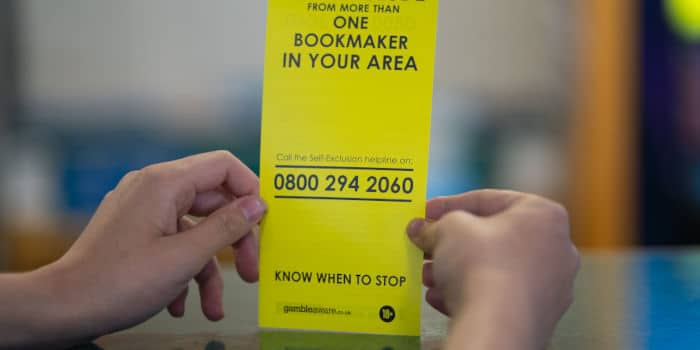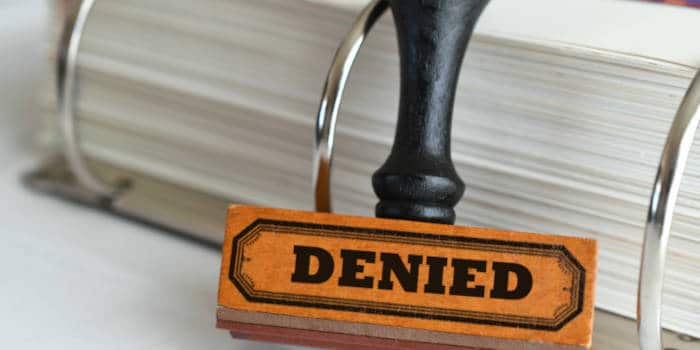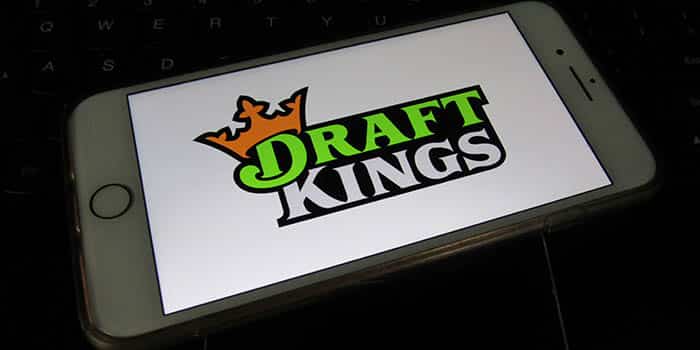- Casino
- By State
- Alabama
- Alaska
- Arizona
- Arkansas
- California
- Colorado
- Connecticut
- Delaware
- Georgia
- Florida
- Hawaii
- Idaho
- Illinois
- Indiana
- Iowa
- Kansas
- Kentucky
- Louisiana
- Maine
- Massachusetts
- Maryland
- Michigan
- Minnesota
- Mississippi
- Missouri
- Montana
- Nebraska
- Nevada
- New Hampshire
- New Jersey
- New Mexico
- New York
- North Carolina
- North Dakota
- Ohio
- Oklahoma
- Oregon
- Pennsylvania
- Rhode Island
- South Carolina
- South Dakota
- Tennessee
- Texas
- Utah
- Vermont
- Virginia
- Washington
- West Virginia
- Wisconsin
- Wyoming
- By State
- Slots
- Poker
- Sports
- Esports
AGA Calls on the Justice Department to Stop Illegal Gambling Machines

The American Gaming Association has urged the federal government not to allow illegal gambling machines to be manufactured. In a letter to the Justice Department, Bill Miller, AGA President, and CEO wrote that “support and resources from the Department of Justice and federal law enforcement agencies are critical to eliminating illegal gambling devices from our communities.”
AGA Wants No More Illegal Skill Games
The association is asking the government to adopt a well-established law that requires any company that manufactures, sells or ships gambling devices that are sent across state lines to register with Justice Department. This is similar to what happens in the regulated gaming sector. The Johnson Act is a law that punishes those who violate it. They can face a maximum $5,000 fine and up to two years imprisonment, as well as forfeiture of their machines.
The call follows news that Congressional leaders on Capitol Hill are exploring skill gambling machine legislation, as well. Jessica Feil, AGA vice president of government relations and gaming policy counsel, stated that illegal and unregulated machines continue to evade the law, putting consumers at risk. She asserted, “The AGA and its members are urging the Department to utilize the Johnson Act to investigate and prosecute illegal gaming machine manufacturers. This important step will protect players and, ultimately, root out these pervasive, bad actors.”
Skill Games Have a Questionable Track Record
In 41 states, commercial and tribal casinos must comply with state and federal laws that cover a wide variety of reporting and procedural requirements. According to the AGA, machines that exploit legal loopholes and openly disregard the law are frequent at bars, convenience shops, and gas stations across many states. The machines are also known by different names, including “nudge,” “sweepstakes,” or “no chance” games. They function in the same way as casino slots but don’t have to undergo the regulation or testing required for licensed operators.
The AGA, which has addressed the issue before, also states that such machines are not compliant with federal anti-money laundering laws, have not been tested or monitored to ensure fairness to consumers, and prey upon the most vulnerable consumers, including problem gamblers and minors who have been excluded from regulated casinos.
An AGA report published in April states that gambling beyond the reach of regulators is rampant, with opportunities for money laundering and other activities that nefarious actors hope will go undiscovered.
Skill Games Not Clearly Defined
The issue stems from a lack of a clear definition of what skill games are. This has led to a number of problems with enforcement across the US. A Canadian company settled a lawsuit with California in October. The company was accused of operating “sweepstakes cafés” that were unfairly competing and misleading Californians. It agreed to pay $3.5 million and stop California operations permanently.
In October, five gambling machines were publicly destroyed by officials of Platte County, MO, after the vendor was convicted for felony promotion.
Feil stated that some analysts believe there are tens to thousands of illegal machines operating in certain states.
She said that it can be difficult to identify how many machines are really operating in the shadows. These machines can still be found in other places, even if they are located in one location. These operations can range from just a few machines in a convenience shop to hundreds of machines in illegal mini-casinos. These operators and manufacturers are constantly trying new ways to avoid regulation and law enforcement.
Feil added that the regulated casino industry collaborates with legislators and law enforcement at all levels to understand gray areas and legal loopholes used by illegal gambling machines. Enforcement against illegal operators should be given priority in areas where laws are already adequate.
Related Topics:
Erik brings his unique writing talents and storytelling flare to cover a wide range of gambling topics. He has written for a number of industry-related publications over the years, providing insight into the constantly evolving world of gaming. A huge sports fan, he especially enjoys football and anything related to sports gambling. Erik is particularly interested in seeing how sports gambling and online gaming are transforming the larger gaming ecosystem.
Previous Article

Legal
December 3, 2021
Maryland's Sports Betting Market Could Add New Options This Month

Next Article


Legal
December 3, 2021
Golden Nugget Owner's Attempt to Break SPAC Agreement Falls Flat
Must Read
Legal
July 10, 2025
Italian Court Clears Betsolution Ltd of Mafia Links
More Articles





Industry
July 15, 2025
UK Considers Gambling Tax Hike to Fill Budget Gap

Poker
July 15, 2025
Leo Margets, Ready for Historic WSOP Final Table

Casino
July 15, 2025
Uno Is Coming for Casinos in the United States

Industry
July 14, 2025
GambleAware Launches Milestone Self-Awareness App











